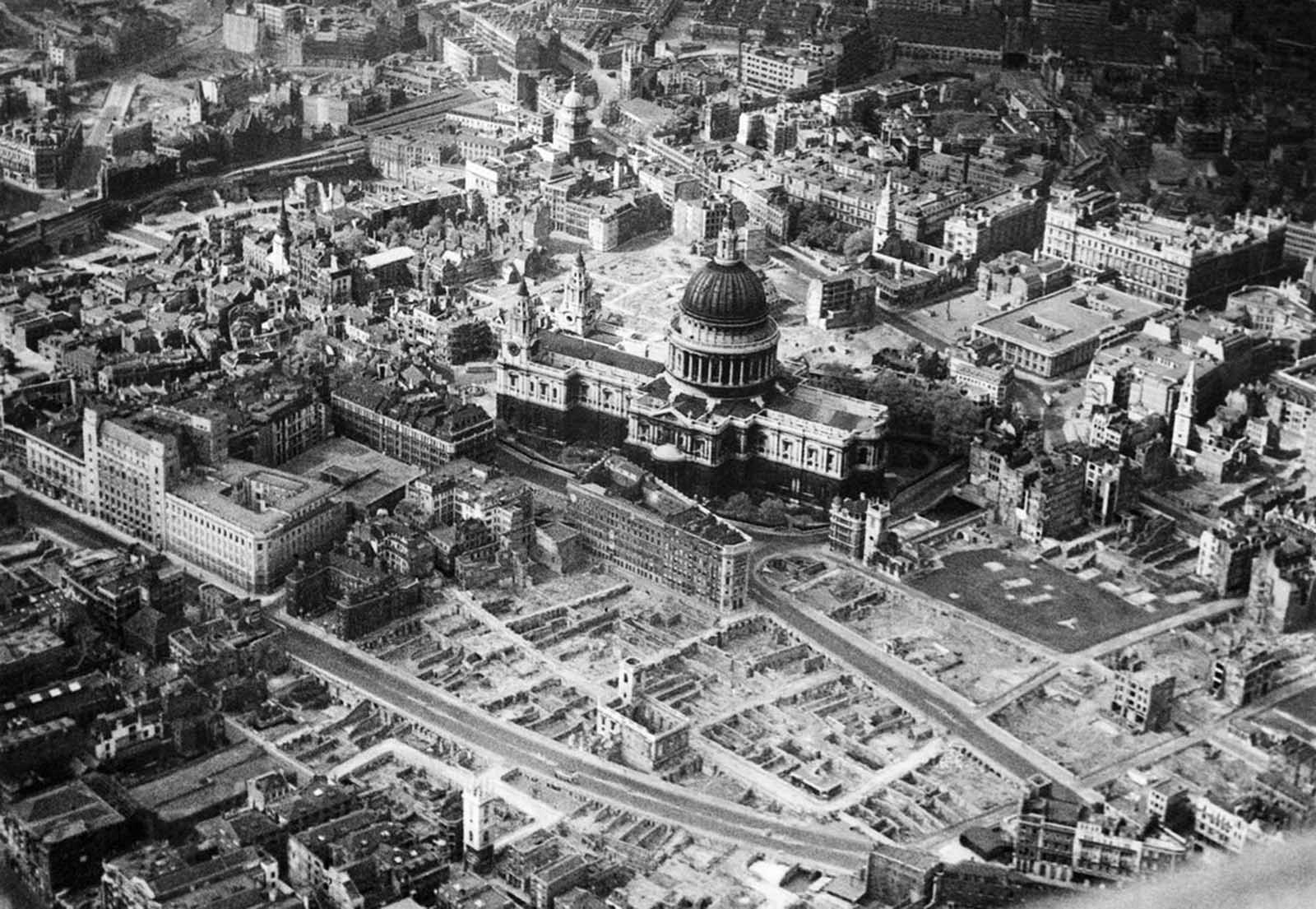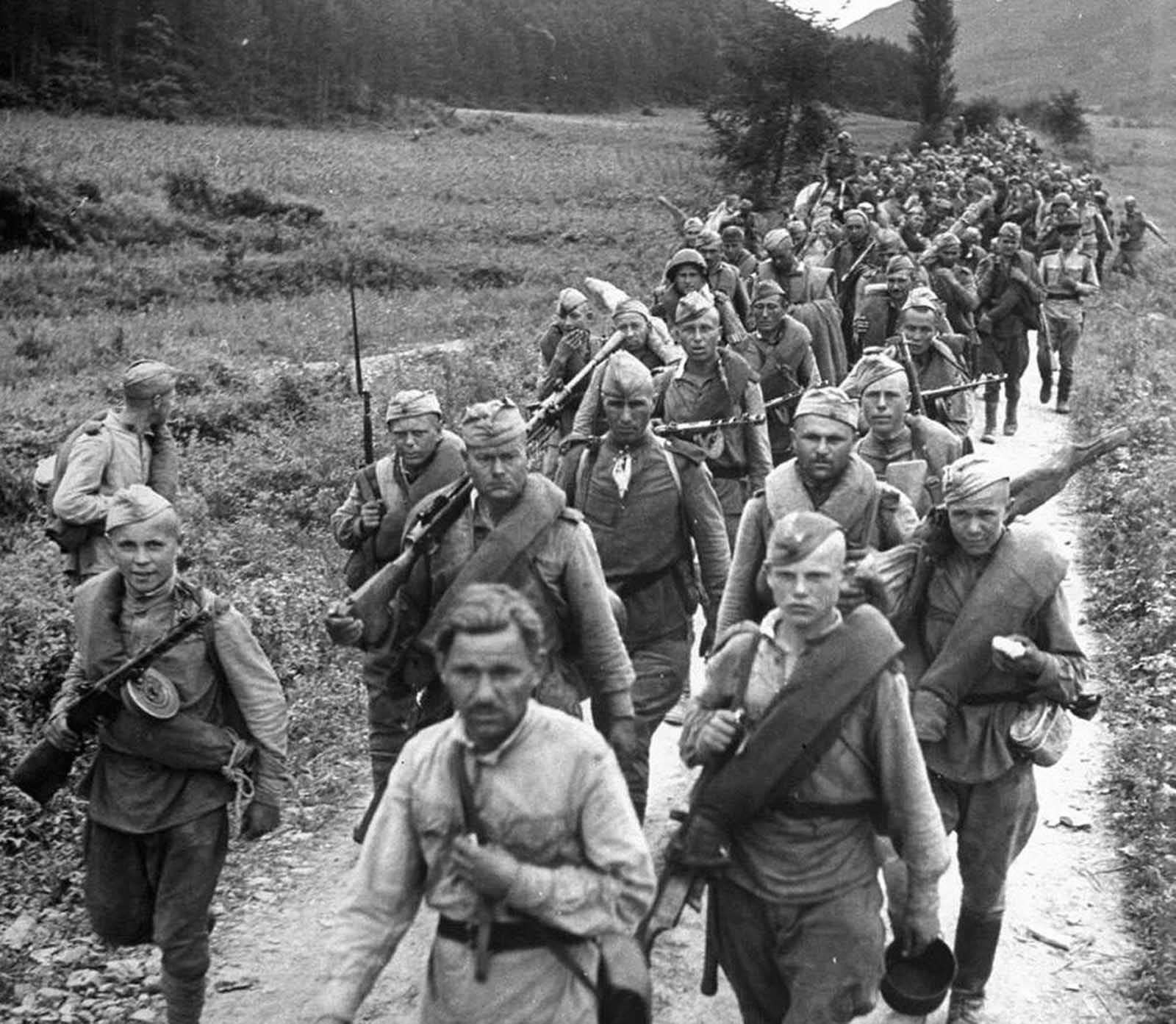The End of War and the Dawn of a New Era
World War II was a cataclysmic event that reshaped the globe in numerous ways. It concluded in 1945, leaving behind a world eager for peace but rife with challenges. The aftermath of the war saw significant geopolitical shifts, economic recoveries, and societal changes. The Allied victory marked the beginning of the Cold War era, as tensions between the United States and the Soviet Union began to mount. This period also witnessed the establishment of the United Nations, an organization aimed at fostering international cooperation and preventing future conflicts. As nations began the arduous task of rebuilding, the world was on the cusp of a new era marked by rapid technological advancements and a redefinition of global power structures.
Reconstruction and Economic Recovery
Post-war reconstruction was a monumental challenge for many countries, particularly those in Europe and Asia, where the devastation was most severe. The Marshall Plan, initiated by the United States in 1948, played a crucial role in the economic recovery of Western Europe. This massive aid package helped rebuild industries, infrastructure, and stabilize economies, which in turn curtailed the spread of communism. In Asia, Japan underwent significant reforms under the guidance of the Allied occupation, leading to its transformation into a major economic power. The post-war period also saw the emergence of the Bretton Woods System, which established new rules for international economic relations and paved the way for future globalization.
Social Changes and Movements
The end of World War II sparked significant social changes across the globe. The war had mobilized entire populations, leading to shifts in gender roles and societal norms. Women, who had entered the workforce in unprecedented numbers during the war, began to demand greater rights and opportunities, laying the groundwork for future feminist movements. Additionally, the civil rights movement gained momentum in the United States as African American veterans returned home, determined to fight for equality and end segregation. Globally, the decolonization movement gained traction, as many nations in Africa, Asia, and the Caribbean sought independence from European powers, leading to the emergence of new states and a reconfiguration of international relations.
The Cold War Begins
The aftermath of World War II set the stage for the Cold War, a period of intense rivalry between the United States and the Soviet Union. Although the two superpowers had been allies during the war, their ideological differences soon led to a state of political and military tension. The division of Europe into Western and Eastern blocs, symbolized by the Iron Curtain, marked the beginning of this era. The Cold War was characterized by a series of proxy wars, nuclear arms race, and espionage, as both nations sought to expand their influence globally. Despite the constant threat of nuclear conflict, this period also led to numerous technological advancements, including the space race and the development of the internet.
The Formation of the United Nations
In the wake of World War II, the international community recognized the need for a new organization to promote peace and cooperation. The United Nations (UN) was established in 1945, replacing the ineffective League of Nations. The UN aimed to prevent future conflicts, promote human rights, and facilitate international cooperation on a range of issues. Over the decades, the organization has played a crucial role in peacekeeping missions, humanitarian aid, and addressing global challenges such as climate change and poverty. The UN's creation marked a significant step towards a more interconnected and collaborative world, though it has faced criticism and challenges in achieving its goals.
Technological and Scientific Advancements
The post-war period was marked by rapid technological and scientific advancements. The war had spurred innovation in various fields, including medicine, engineering, and communications. In the years following the conflict, these advancements continued to accelerate, leading to significant breakthroughs such as the development of the computer, television, and jet engine. The space race, fueled by Cold War competition, resulted in monumental achievements like the launch of Sputnik by the Soviet Union and the Apollo moon landing by the United States. These technological advancements not only transformed daily life but also laid the foundation for the digital age and the modern world we live in today.
The Rise of New Superpowers
World War II fundamentally altered the global balance of power. The United States and the Soviet Union emerged as the two dominant superpowers, each representing opposing ideologies. The war had weakened traditional European powers such as Britain and France, leading to a shift in global influence. This new bipolar world order was evident in various international conflicts and alliances, as countries aligned themselves with either the US-led Western bloc or the Soviet-led Eastern bloc. The rise of these superpowers had a profound impact on international politics, economics, and military strategies, shaping the course of the second half of the 20th century.
Decolonization and the Birth of New Nations
In the years following World War II, the decolonization movement gained momentum as many nations sought independence from colonial rule. The war had weakened European powers and increased calls for self-determination among colonized peoples. In Asia, countries like India and Indonesia gained independence, while in Africa, a wave of decolonization swept across the continent throughout the 1950s and 1960s. This period saw the emergence of numerous new nations, each facing the challenges of nation-building and establishing their place in the international community. Decolonization reshaped global politics, leading to the creation of new alliances and organizations aimed at supporting newly independent states.
The Impact on Global Culture and Society
The end of World War II had a profound impact on global culture and society. The war had exposed people to different cultures and ideas, leading to increased cultural exchanges and a greater appreciation for diversity. The post-war period saw the rise of new cultural movements, artistic expressions, and literary works that reflected the complexities of the modern world. The spread of American culture, particularly through music, film, and fashion, became a global phenomenon, influencing societies around the world. Additionally, the war had highlighted the importance of human rights, leading to the adoption of the Universal Declaration of Human Rights in 1948 and ongoing efforts to promote social justice and equality.
Lessons Learned and the Legacy of World War II
The aftermath of World War II left a lasting legacy that continues to shape the world today. The war taught valuable lessons about the dangers of totalitarianism, the importance of international cooperation, and the need for vigilance in protecting human rights. The establishment of institutions like the United Nations and the European Union were direct responses to the challenges and horrors of the war, aimed at preventing future conflicts and fostering collaboration among nations. The legacy of World War II also serves as a reminder of the resilience of humanity and the capacity for rebuilding and reconciliation. As we reflect on the post-war period, it is crucial to remember the lessons learned and continue striving for a more peaceful and just world.
You Might Also Like
Understanding Hemoglobin 14.7: A Comprehensive Guide In 2024Mastering The "Class Super" In 2024: A Comprehensive Guide
Understanding Joint Effusion: A Comprehensive Guide For 2024
Exploring The Wonders Of Commons Wikipedia: A 2024 Guide
Exploring The Features And Benefits Of Microsoft Edge In 2024
Article Recommendations
- Expecting A Baby Ashantis Pregnancy Journey
- Exploring The Wealth Of Carl Ivanelli An Indepth Look At His Net Worth
- Lisa Henson Net Worth A Detailed Analysis Of Her Life And Financial Success


